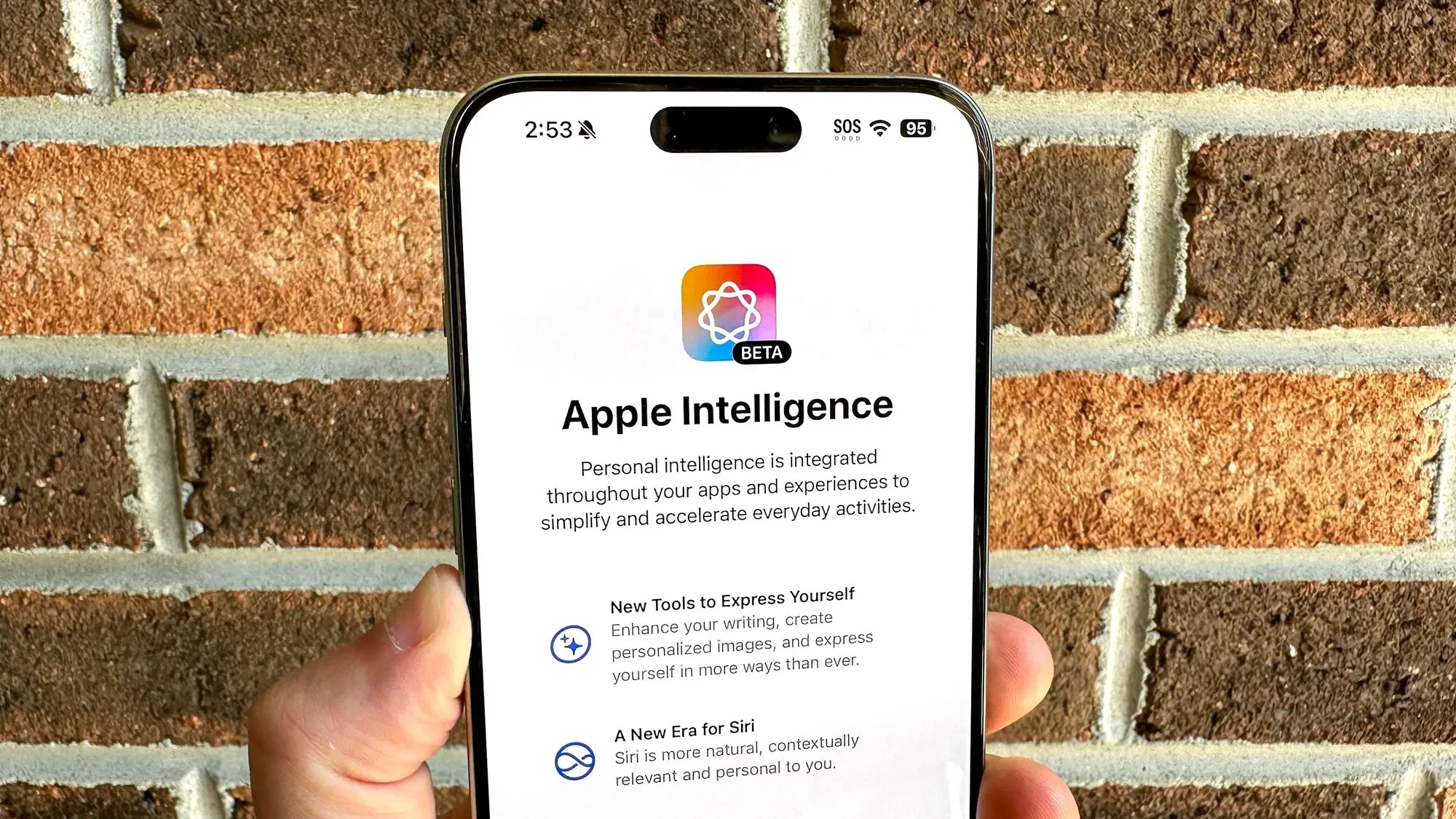Apple, a company renowned for its innovative prowess and knack for polishing technology into user-friendly packages, seems to have missed the mark with its latest venture into artificial intelligence, dubbed Apple Intelligence. Despite the buzz typically surrounding Apple releases, Apple Intelligence has received a lukewarm reception at best since its debut in September. Below, we delve into the core reasons why Apple’s foray into AI hasn’t captured the fascination or utility that many hoped it would.

A Protracted and Underwhelming Rollout
Apple has often adopted a strategy of being a late entrant into new technologies, taking its time to release a more polished product. However, in the case of Apple Intelligence, this strategy seems to have backfired. The AI was introduced with minimal functionality, turning what could have been a splashy launch into a series of uninspiring updates. “Instead of being able to drum up buzz with a ton of new features off the bat, they’ve ‘released’ Apple Intelligence with very little functionality to begin with,” noted one observer, reflecting a common sentiment among users. The slow release schedule, resembling a prolonged beta more than a robust product rollout, has made it difficult for even the most loyal Apple users to get excited about updating their devices.

Gimmicks Over Substance
When Apple does market Apple Intelligence, the emphasis often falls on features like Genmoji—tools that, while fun, don’t meet the core productivity and utility needs of most users. “I just find it so hard to get excited about things like Genmoji, and find it rather gimmicky,” a user commented. This focus on lighter, less essential features may appeal to a niche audience but does little to convince the broader base of Apple users that the new AI is a must-have innovation. The more practical applications, such as proofreading and rewriting tools, receive less attention, although they are likely to be more useful to everyday users.

Siri Still Misses the Mark
Perhaps one of the most anticipated updates that users hoped would come with Apple Intelligence was an overhaul of Siri, Apple’s voice assistant. Unfortunately, Siri remains much as it has been—less capable than its competitors at handling complex queries. A user shared a particularly telling interaction: “When asking Siri if I had sent Michael anything about a recent sports trade, it tells me that Apple Cash isn’t available in my country.” This type of response highlights the ongoing issues with Siri’s functionality, which seems disconnected from the real needs of its users.

Writing Tools: Not Ready for Prime Time
Among the features rolled out with Apple Intelligence, the Writing Tools seemed to promise the most immediate utility. However, even this feature feels incomplete. Users have noted that while the tool is capable of executing specific tasks, it lacks the intuitive Apple touch, particularly in how changes are highlighted—or not highlighted—to the user. “It does have this behaviour, but it doesn’t use it all the time,” noted a reviewer about the tool’s inconsistency in displaying edits. For a company that excels at user experience, this oversight is both surprising and disappointing.
In conclusion, while Apple Intelligence might evolve into a more refined tool that lives up to Apple’s standards, its current iteration falls short of the high expectations placed on it. For now, Apple users might have to continue looking elsewhere for their AI needs, or wait and see if future updates can finally deliver the groundbreaking changes they were hoping for.










